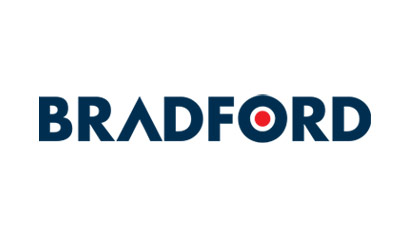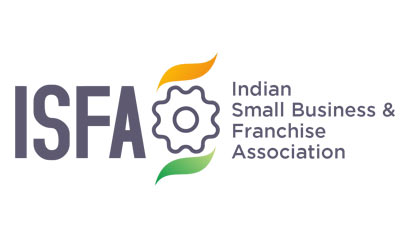To get access to over 10000+ Franchise Business Opportunities.
Network with the growing Business Community to get expert interventions to let you learn to Grow & Expand your Business with Franchising.
The Indian ethnic wear market is evolving fast and demanding retailers to revisit their business model, strategic and tactical decisions on a regular basis to respond to this fast-changing trend
The booming ethnic wear market, which is expected to reach Rs 1,26,210 crore by 2019, has urged retail majors like Titan to be a part of the game. The company has forayed into premium sarees and women’s ethnic wear category under the brand name “Taneira” by opening its first such store in Bangalore.
Talking about the same, Ajoy H. Chawla, Vice-President (Strategy & Business Incubation), Titan Company, says, “We are right now in pilot to explore, experiment and learn to figure out how we can make a difference to the consumer and this category, and how to also build a profitable business model around.” However, the company is not in a hurry to expand. “We will give ourselves 12-15 months before deciding what to do,” he adds.
Securing Funds
Private equity (PE) firms find ethnic wear a perfect fit. Recently, ethnic wear brand Soch is said to be in talks with PE funds for a majority stake sale. Last year, another women’s fashion brand W successfully raised $140 million from private equity major TA Associates clocking great returns for early investor Matrix Partners, while others like Ritu Kumar roped in Everstone Capital, and BIBA got funds from Warburg Pincus over the past few years.
Ethnic wear is all about experience. Keeping this in mind, Fabindia is revamping its stores to lure more customers. The company has launched its first new concept store — the Fabindia Experience Center in Vasant Kunj, New Delhi. “We are investing in experience. This is going to be India’s first fully omnichannel neighborhood store, with click and collect as well. It has things that western companies don’t do — we’re going to offer full customization, if you want a different kind of shirt with button-down collars, or whatever is needed,” shares William Bissell, MD, Fabindia.
Expanding Horizon
The existing brands in the segment are adding categories like jewellery to their portfolio. “We are looking at an addition into jewellery (at our Biba stores),” says Siddharth Bindra, MD, Biba. The company also finds kids’ ethnic wear a promising category and expecting to be the Rs 100-crore business by next year. “We started with 40 per cent over our business plan and we are even getting numbers higher than that. We are extremely surprised by the response. I see BIBA kids category to be Rs 100 crore business by next year,” Bindra adds. Given the response, the company is planning to open more BIBA standalone kids’ store, approximately 10-12 in the next 6-12 months.
Clearly, ethnic wear is here to stay for long. “The retail business here is unique as compared with other markets across the globe. Despite difference in demographics, careers, preferences and lifestyles, we still have same ‘Indianness’ in our blood. The Indian ethnicity is unique and in today’s world not just Indians but rest of the world appreciates this, concludes Ravi Modi, Founder, Manyavar.


Business Opportunities
Browse By Investment Range
Browse By States
Popular Cities















